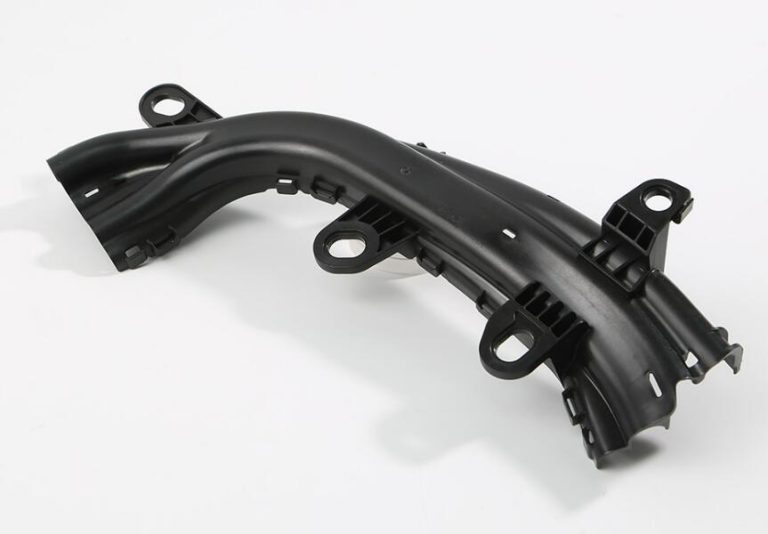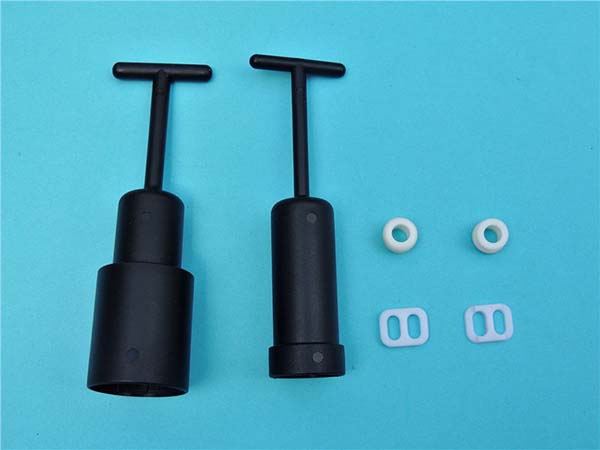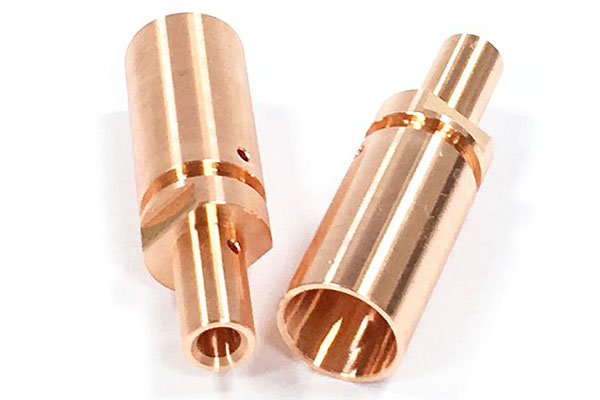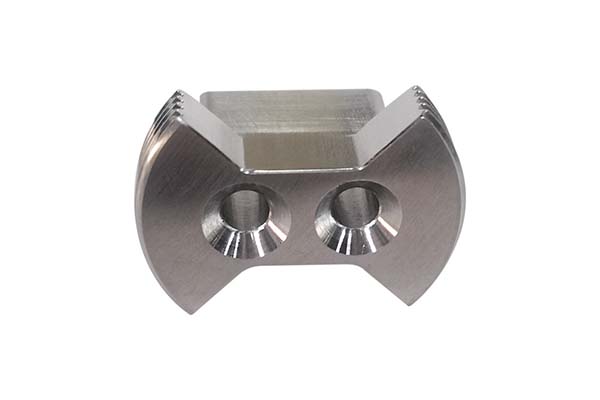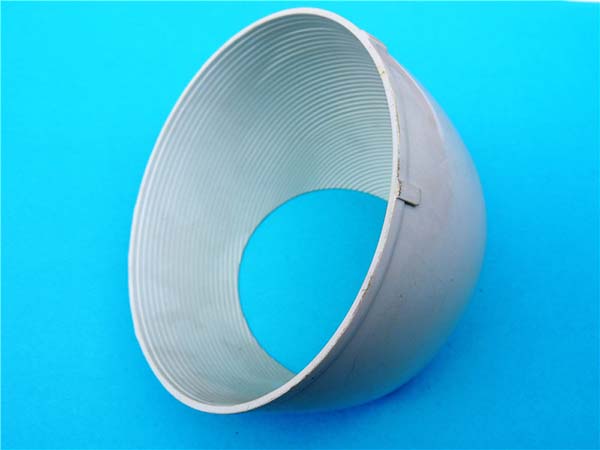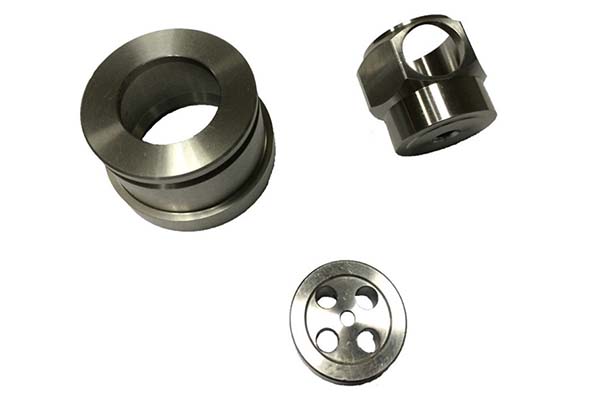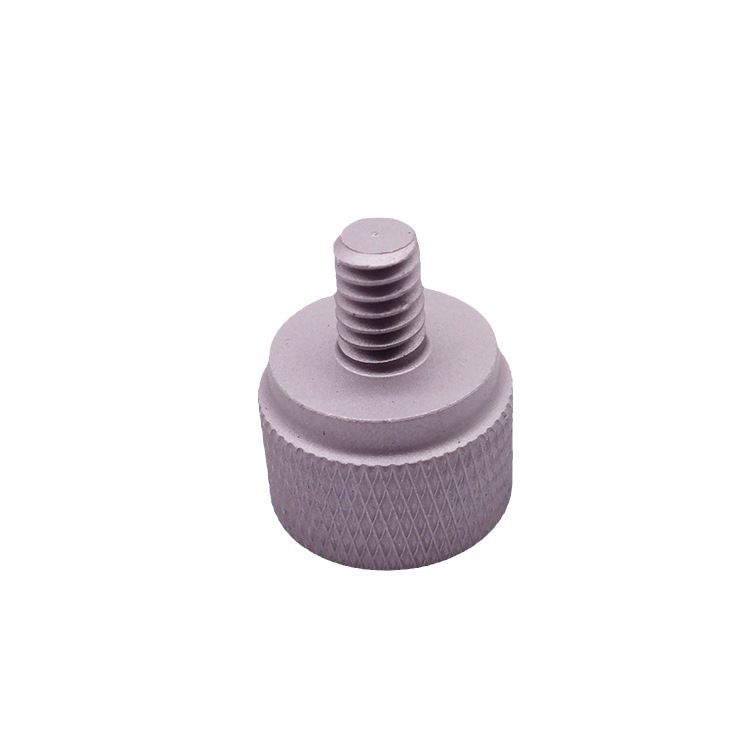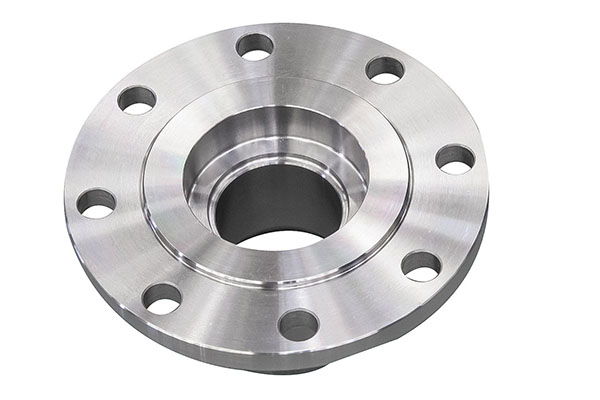When you're moving from a digital design to a tangible, functional part, a CNC prototype is often the gold standard for bridging that gap. But what truly sets it apart from other prototyping methods like 3D printing? How can you leverage its strengths to validate your design with a part that feels and performs like the final product? This article dives deep into the world of CNC prototyping. We'll explore its core definition, compare it to popular alternatives, and provide actionable insights on material selection, design for manufacturability (DFM), tolerances, and finishing. Whether you're an engineer, a product designer, or an entrepreneur, understanding CNC machining for prototypes is crucial for making informed decisions that save time, cost, and ensure your product's success.
What Exactly Is a CNC Prototype?
A CNC prototype is a physical sample of a part or product created through Computer Numerical Control (CNC) machining. This is a subtractive manufacturing process where blocks of solid material (like metal or plastic) are precisely carved away by computer-controlled cutting tools to form the desired shape. Unlike additive methods that build layer by layer, CNC milling and turning remove material, which results in parts with exceptional mechanical properties, accuracy, and surface quality.
The key advantage here is functional testing. Because a CNC-machined prototype is made from the same solid materials as final production parts (e.g., aluminum 6061 or POM), it can be subjected to real-world stresses, thermal conditions, and assembly checks. For instance, an automotive engineer might create a CNC-machined aluminum prototype of a bracket to test its vibration resistance and fit within an engine bay, providing confidence before committing to high-volume tooling.
Which Industries Rely on CNC Prototypes Most?
The need for high-fidelity, durable prototypes makes CNC prototyping services indispensable across several demanding sectors:
- Aerospace & Defense: Components must withstand extreme forces and meet stringent certifications. CNC machining of titanium and high-strength aluminum alloys is common for creating flight-worthy prototype parts for testing.
- Automotive: From engine components to intricate interior elements, CNC prototype parts are used for fit, form, and function testing under real-world conditions.
- Medical Devices: Biocompatibility and ultra-precision are non-negotiable. Surgical instrument prototypes or housing for diagnostic equipment are often CNC machined from medical-grade stainless steels or plastics.
- Consumer Electronics: Used for creating precise functional enclosure prototypes for smartphones, wearables, and routers, allowing for testing of aesthetics, button feel, and heat dissipation.
- Industrial Machinery: Heavily relied upon for prototyping robust, high-tolerance gears, housings, and fixtures that mimic the performance of final production runs.
How Does CNC Prototyping Compare to 3D Printing?
Choosing between CNC and 3D printing depends on your prototype's purpose. This table breaks down the key differences:
| Feature | CNC Prototyping | 3D Printing (FDM, SLA, SLS) |
|---|---|---|
| Process | Subtractive (material removed) | Additive (material added in layers) |
| Materials | Wide range of solid plastics and metals (e.g., ABS, Nylon, Aluminum, Steel, Brass). Parts are isotropic. | More limited, often specific plastics/resins. Some metals possible but costly. Can be anisotropic. |
| Strength & Durability | Superior mechanical properties identical to final production parts. | Varies; often weaker, especially along layer lines. Not always suitable for functional testing. |
| Surface Finish | Excellent, smooth finishes right off the machine. Can be polished to a mirror-like surface. | Often shows layer lines; requires post-processing for smoothness. |
| Speed & Cost for Simple Shapes | Slower setup, faster for single complex parts. Cost-effective for 1-10 units. | Faster setup, slower print time per part. Very cost-effective for 1-2 units of geometrically complex parts. |
| Geometric Complexity | Excellent for complex designs, but undercuts and internal channels may require special tooling or multi-axis setups. | Unmatched for organic shapes, intricate lattices, and internal geometries with no added cost. |
| Best For | Functional prototypes, durability testing, and parts requiring tight tolerances. | Concept models, visual prototypes, and parts with impossible-for-CNC geometries. |
What Materials Can Be Chosen for a CNC Prototype?
The material palette for CNC machining prototypes is vast, allowing you to match the prototype's properties to its intended application.
- Plastics:
- ABS: Good toughness and impact resistance, easy to machine. Common for durable housings.
- POM (Delrin): Excellent dimensional stability and low friction. Ideal for gears, bushings, and snap-fits.
- PEEK: High-performance, thermally stable, and chemically resistant. Used in aerospace and medical prototype applications.
- Polycarbonate (PC): High impact strength and transparency. Good for clear covers and lenses.
- Metals:
- Aluminum 6061: The most popular choice. Excellent strength-to-weight ratio, good machinability, and corrosion resistance. Perfect for aerospace, automotive, and consumer electronics prototypes.
- Aluminum 7075: Higher strength than 6061, used in high-stress structural components.
- Stainless Steel 304/316: Offers great corrosion resistance and strength. Used for medical, marine, and food-grade prototypes.
- Brass: Easy to machine with excellent aesthetic finish. Often used for electrical components and decorative prototypes.
How Tight Can Tolerances Go in CNC Prototyping?
Tolerances in CNC machining refer to the permissible limit of variation in a physical dimension. For CNC prototyping, standard machining tolerances typically hover around ±0.005 inches (±0.127 mm). However, with precision CNC machines and meticulous process control, it's possible to achieve much tighter tolerances.
- Standard Machining: ±0.005" (±0.127 mm)
- Precision Machining: As tight as ±0.0005 inches (±0.0127 mm) or even less for critical features on high-end mills.
Factors influencing achievable tolerance:
- Machine Capability: High-precision 5-axis machines offer better accuracy than basic 3-axis mills.
- Material: Stable materials like aluminum and POM hold tighter tolerances than those that are prone to warping or flexing.
- Part Geometry & Feature Size: Tiny, deep features are harder to hold to tight tolerances than larger, accessible ones.
- Temperature Control: Shop temperature fluctuations can cause material expansion/contraction, affecting size.
What Design Tweaks Speed Up CNC Prototype Machining?
Implementing Design for Manufacturability (DFM) principles from the start is the single biggest factor in reducing cost and lead time for your CNC prototype.
- Avoid Deep, Narrow Cavities: These require long, thin tools that break easily and cut slowly. Design with a radius in internal corners that matches standard tool sizes.
- Limit the Use of Tight Tolerances: Only apply tight tolerances where absolutely necessary for function. Every callout for ±0.001" increases cost.
- Design with Standard Tooling in Mind: Features like holes and threads should align with standard drill and tap sizes to avoid custom tool fabrication.
- Minimize Setup Changes: Design your part so it can be machined in as few orientations (setups) as possible. Complex parts may benefit from multi-axis CNC machining to achieve this.
- Add Fillets to Internal Vertical Edges: Sharp internal corners force the use of a smaller tool. A fillet allows for a larger, stronger tool and faster machining.
What Surface Finishes Suit CNC Prototypes Best?
The surface finish of your CNC prototype affects both aesthetics and function. Here are common options:
- As-Machined: Directly off the machine. Shows visible tool marks. Functional and most economical.
- Bead Blasting: A matte, uniform satin finish that hides minor tool marks and provides a great grip. Common for aluminum prototype enclosures.
- Anodizing (Type II & III): An electrochemical process that increases corrosion resistance and allows for color dyeing (Type II). Hard anodizing (Type III) provides a very wear-resistant, non-conductive surface.
- Powder Coating: A thick, durable polymer coating available in virtually any color and texture (gloss, matte, textured).
- Polishing & Buffing: Creates a mirror-like, reflective surface on metals. Used for decorative parts or where low friction is needed.
Conclusion
A CNC prototype is far more than just a visual model; it's a functional, high-precision representation of your final product, machined from real engineering materials. While 3D printing excels at rapid conceptual models, CNC machining for prototypes is unmatched when you need to test strength, fit, thermal performance, or durability. By understanding the process, material options, DFM principles, and finishing techniques, you can effectively leverage CNC prototyping services to de-risk your product development, accelerate time-to-market, and ensure your design is ready for manufacturing success.
FAQ
Q: How much does a CNC prototype typically cost?
A: Cost varies widely based on size, material, complexity, and quantity. A simple aluminum bracket might cost $100-$300, while a complex, tight-tolerance aerospace component could be several thousand dollars. The best approach is to provide a 3D model to a CNC prototyping service for a quote.
Q: How long does it take to get a CNC-machined prototype?
A: Lead time typically ranges from 2 to 10 days, depending on the part complexity, material availability, and shop workload. Simple parts can be turned around very quickly once the CNC program is set up.
Q: Can a CNC prototype be made from the same material as my final injection-molded or die-cast part?
A: Often, yes. For example, if your final part will be die-cast aluminum, you can machine the prototype from a solid aluminum billet (like 6061) which has similar mechanical properties. This allows for highly accurate functional testing.
Q: Is CNC prototyping suitable for very large parts?
A: Yes, but it depends on the machine's work envelope. Large-format CNC mills can handle parts several feet in dimension. For extremely large parts, fabrication from multiple machined components might be a more practical approach.
Q: What file format is best to provide for a CNC prototyping quote?
A: STEP or IGES files are preferred as they contain complete 3D geometry data. Also include a 2D drawing (PDF or DWG) if you have specific tolerances, threads, or critical notes.
Contact Yigu for Custom Manufacturing.
At Yigu Technology, we understand that a high-quality CNC prototype is the critical bridge between a brilliant idea and a successful product. We believe in the power of precision and material truthfulness in prototyping. Our expertise isn't just in operating advanced multi-axis CNC machines; it's in providing design for manufacturability feedback that makes your part stronger, faster to produce, and more cost-effective. We go beyond simply cutting metal—we partner with you to refine your design, select the optimal material and finish, and deliver a functional prototype that gives you uncompromised confidence to move forward. Let's turn your vision into a tangible, testable reality.
